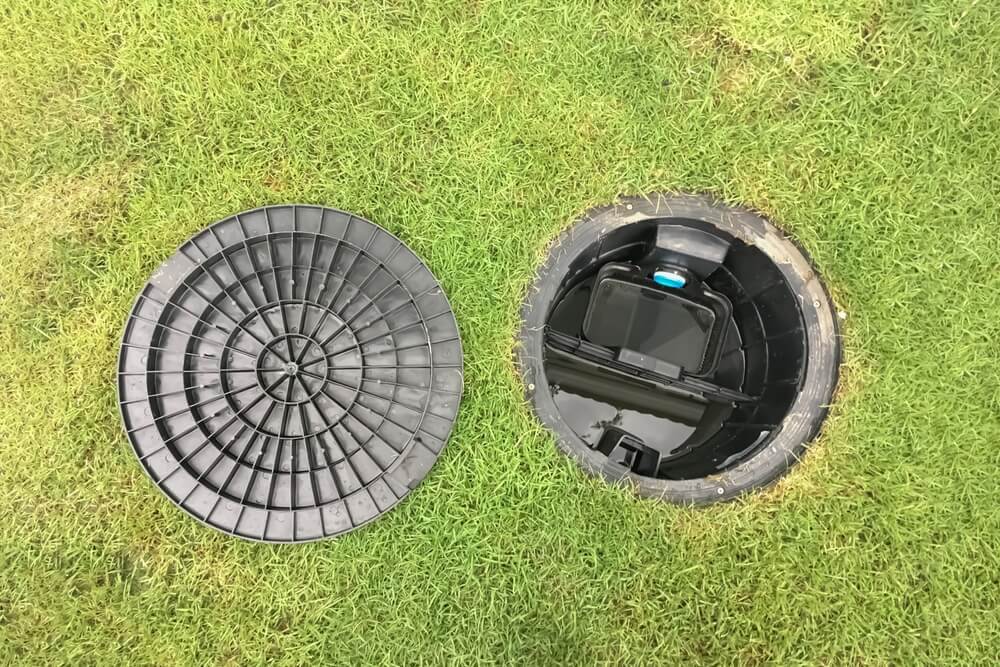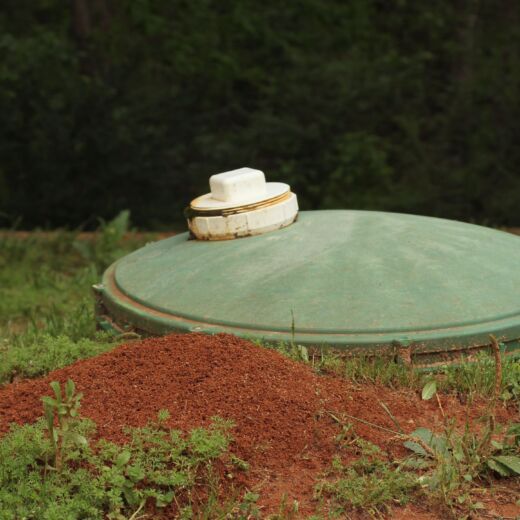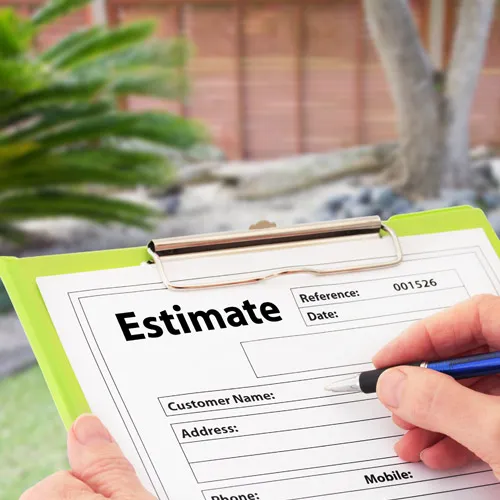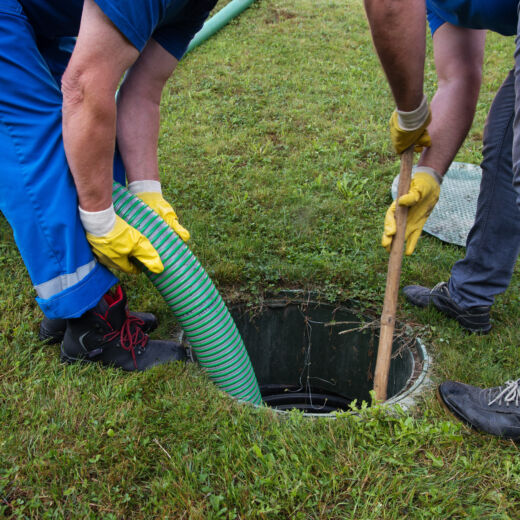Owning a rural property near Edmonton can be a dream come true – the peace and tranquillity away from the busy city, open space, and a close connection to nature. However, with this dream home comes the responsibility of regularly maintaining its septic system.
Septic systems work hard, removing waste daily from showers, toilet and sink usage, and laundry. Septic systems that aren’t maintained with regular septic inspections run a higher risk of blockages and failing altogether. Let’s take a closer look at why regular septic inspections matter and how they can prevent a small issue from growing into a costly one.
What Can Happen Without Regular Septic Inspections?
Neglecting routine septic inspections can lead to a range of serious issues, including:
- Backups and Overflows – Without regular inspections, solids and scum can accumulate in the tank, leading to backups in the home. This can cause sewage to overflow, creating unsanitary conditions and potential health hazards.
- System Failures – Over time, a lack of maintenance can cause the septic system to fail. This may manifest as slow drains, backups, or even complete system breakdown.
- Environmental Contamination – A failing septic system can allow untreated wastewater to seep into the soil and groundwater, contaminating local water supplies, streams, or lakes, which poses serious environmental and public health risks. Homeowners can be fined for this issue.
- Expensive Repairs – Delaying maintenance can lead to more significant problems that require expensive repairs or even a full system replacement.
- Decreased Property Value – If a septic system is not maintained, it can negatively impact the property’s value. Potential buyers may be deterred by the prospect of dealing with a failing septic system or may require costly repairs before purchase.
- Higher Water Usage – Without regular inspections, small issues may go unnoticed, leading to decreased system efficiency. This can result in higher water usage and increased utility costs, as the system struggles to handle waste properly.
- Inconvenience – Emergency repairs and backups can cause significant disruption to daily life. Homeowners may have to vacate their property during repairs, which can be stressful and inconvenient, especially for busy families.
Why Regular Septic Inspections Matter
Understanding the potential consequences of neglecting regular inspections highlights their importance. In contrast, regular septic inspections can help you:
- Detect problems early and prevent them from turning into a significant issue.
- Protect your property’s value.
- Prevent health and safety risks to the community. When a septic system fails, untreated waste can contaminate groundwater, rivers, and lakes, posing serious health risks and damaging local ecosystems.
- Gain peace of mind. Regular inspections provide homeowners with the confidence that their system will perform efficiently.
What to Expect During a Septic Inspection
During a septic inspection, a qualified professional will evaluate the system, checking for signs of wear and tear, clogs, leaks, and other potential issues. Here’s what typically happens during an inspection:
- Visual Inspection – The technician will examine the surface conditions around the septic tank and drain field, looking for signs of overflows, puddles, or odours.
- Component Check – The technician will check the tank’s components, including baffles and filters, for proper function.
- Drain Field Evaluation – The condition of the drain field will be assessed to ensure it is functioning effectively and not showing signs of failure.
- Service Recommendations – These recommendations may include regular pumping schedules to prevent sludge buildup, repairs for any damaged components, or upgrades to enhance system efficiency.
- Reporting – After the inspection, homeowners will receive a report detailing the system’s condition along with any recommended maintenance or repairs.
SepTech’s Industry-Leading Septic Inspections
At SepTech, we’ve seen firsthand what happens when septic systems are neglected. When we do septic inspections, we go beyond the basics. We’ve developed an industry-leading inspection process that provides homeowners with a comprehensive report detailing various aspects of their septic system.
This report includes:
- Information about the condition and size of the tank.
- A thorough assessment of the drain field area.
- Any landscaping or grading issues that could affect system operation.
- Any concerns regarding the system’s sizing in relation to the home’s occupancy.
- Evaluation of the condition of mechanical and plumbing equipment, alarms, and other critical components.
- Testing and analysis of performance metrics, ensuring homeowners have a complete understanding of their septic system’s health and functionality.
A yearly inspection is often the key to avoiding emergency services, costly repairs, or even full system replacements. Catching issues early allows us to restore your septic system to optimal performance before minor problems turn into major disruptions. With regular maintenance, you can extend the life of your system, save money, and enjoy peace of mind knowing everything is running smoothly.




